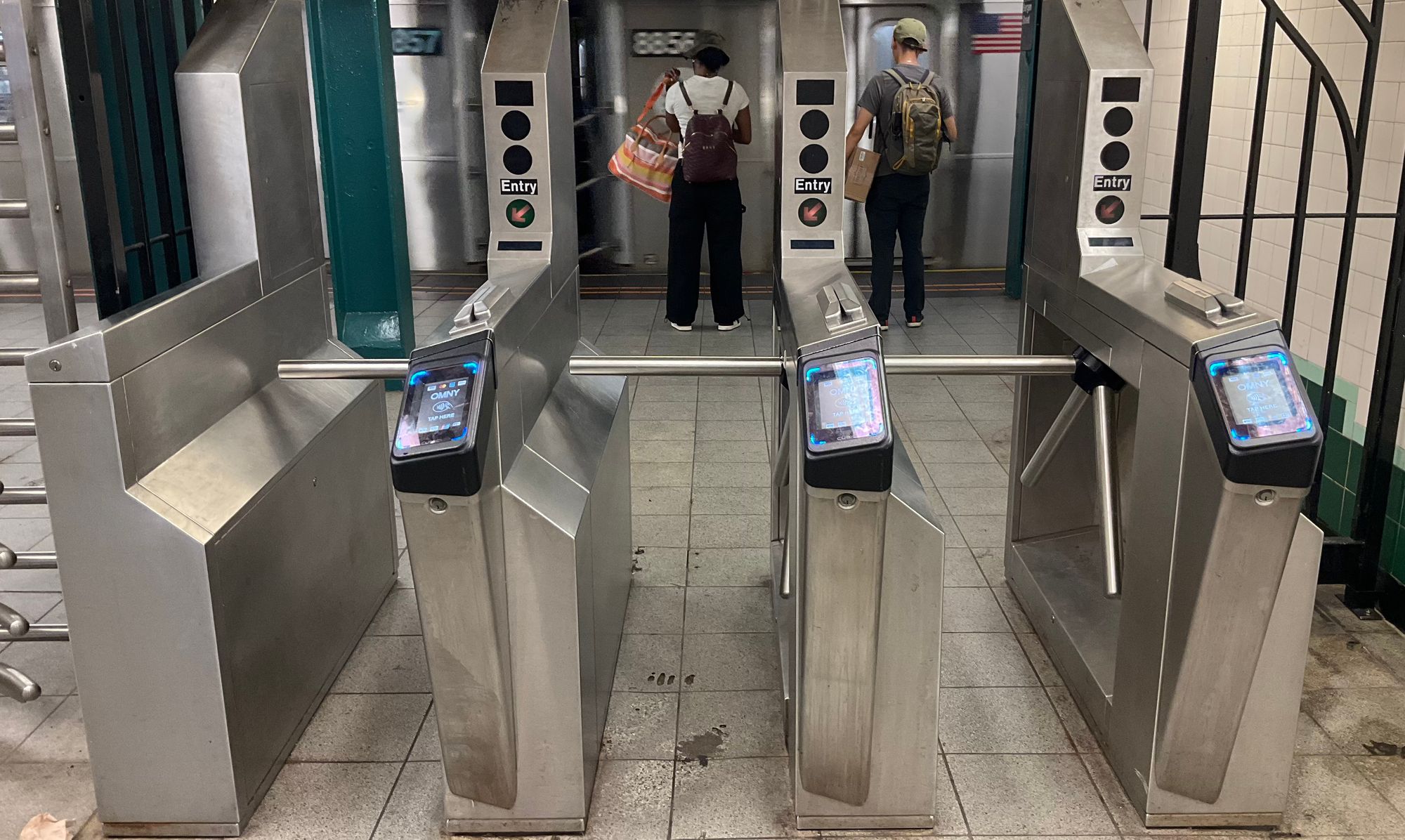- cross-posted to:
- technology@beehaw.org
- news@lemmy.world
- cross-posted to:
- technology@beehaw.org
- news@lemmy.world
During all this monitoring, I wasn’t anywhere near the rider. I didn’t even need to see them with my own eyes. Instead, I was sitting inside an apartment, following their movements through a feature on a Metropolitan Transportation Authority (MTA) website, which runs the New York City subway system.
What’s the feature
With their consent, I had entered the rider’s credit card information—data that is often easy to buy from criminal marketplaces, or which might be trivial for an abusive partner to obtain—and punched that into the MTA site for OMNY, the subway’s contactless payments system. After a few seconds, the site churned out the rider’s travel history for the past 7 days, no other verification required.
From the article
Credit cards are as secure as carrying your passwords around you on a piece of paper, and telling it loots of people always.
Thank you! I was on the bus and couldn’t get the article to load
From the article, you can get a detailed usage history of MTA transactions by simply supplying the credit card number (which they state can very often be bought on the dark web). The lack of identity confirmation to pull the report is the concern.
You want to force people to show ID to use the subway?
Why is this info even public? That’s the real issue.
Not to use the subway, to access a payment card’s complete ride history.
Credit card info -> see timestamped transit transacting history, including station name (location)
What is reading
Are we playing Jeopardy?
:p
This is why I always pickup someone’s old card from the ground in a subway station and reload it with cash.
We need more metros that use paper mag swipe cards that cost less than a penny to produce, so they can be recycled anonymously in this way. RFID metro cards are cancer






